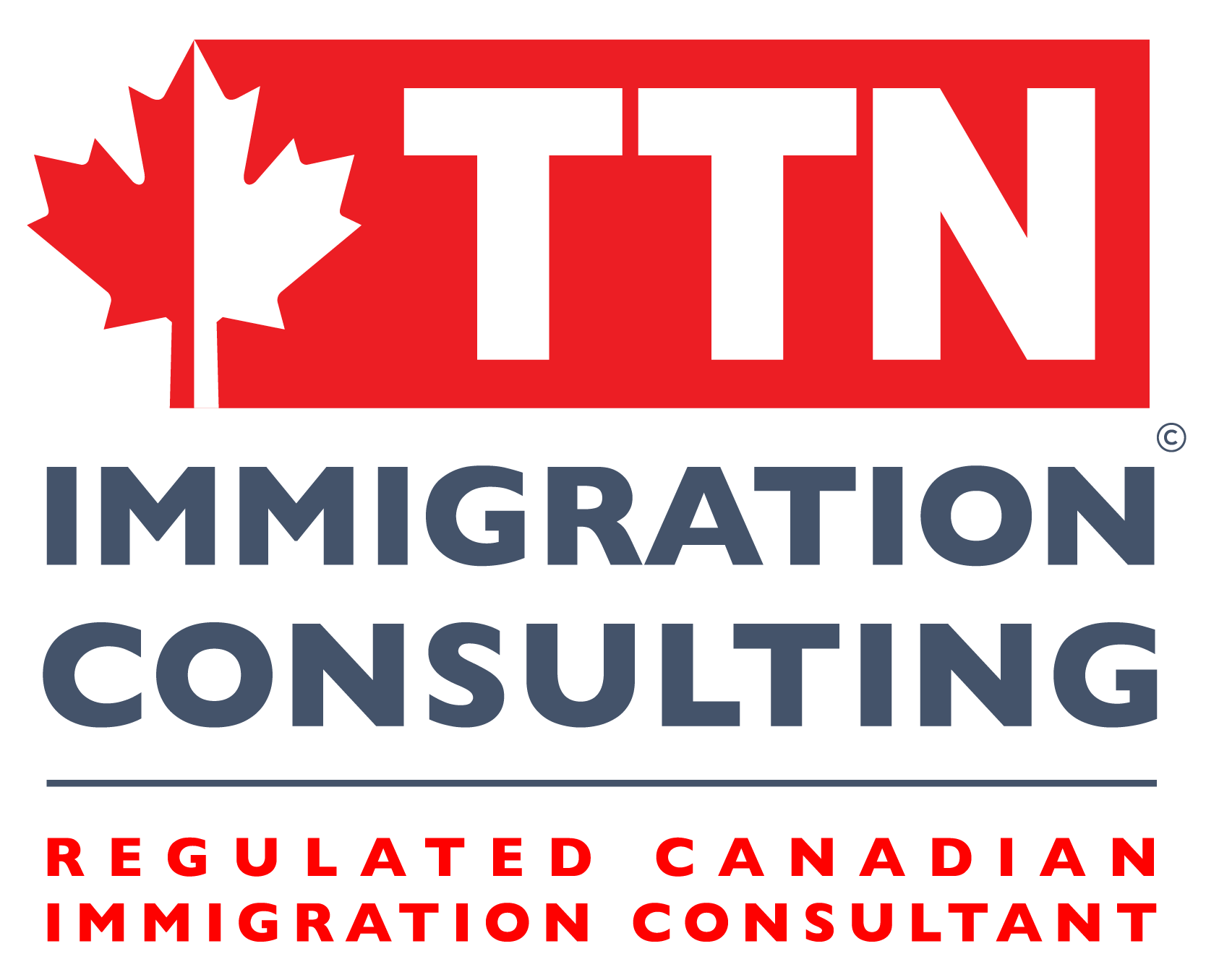Deportation: 12 Scenarios That Can Cause Removal From Canada
A deportation order is a mandate for removal that imposes a lifelong ban on returning to Canada. Canada has precise laws against behaviors deemed unacceptable in Canadian society.
If an immigrant (whether temporary or permanent resident) violates these laws, the Canadian government can permanently expel them from the country. Understanding the criteria for deportation in Canada is crucial for all immigrants.

The following situations can cause deportation.
- Engaging in a serious crime punishable by a maximum prison term of 10 years or more in Canada, such as murder or kidnapping.
- Committing theft exceeding $5,000 or non-firearm robbery (armed robbery is a grave offense). Additionally, attempting to evade arrest by law enforcement.
- Possessing prohibited weapons and ammunition.
- Committing assault causing bodily harm, with or without the use of a firearm.
- Utilizing or possessing a stolen or fake credit card.
- Driving under the influence of drugs or alcohol (DUI) will lead to deportation. A DUI conviction is extremely severe. Since 2018, Canada has implemented a zero-tolerance policy for impaired or drugged drivers.
- Similarly, reckless driving resulting in significant physical harm or death to another person may be grounds for deportation. For instance, driving significantly over the speed limit in a residential area and causing an accident involving a pedestrian.
- Committing an "aggravated felony" is another major reason for deportation. This includes drug-related offenses such as trafficking narcotics (including 3 kg or more of marijuana), producing synthetic drugs, or growing marijuana.
- Furthermore, being convicted of two or more minor offenses may lead to deportation.
- Deportation can also occur for reasons related to national security, such as acts against the Canadian government.
- Engaging in espionage, subversion, terrorism, or being associated with organizations involved in these activities can result in deportation.
- Violations of international or human rights laws, such as war crimes, crimes against humanity (like genocide), or holding a senior position in a government that commits such crimes, may lead to deportation.
If a deported individual wishes to re-enter Canada, they must apply for an ARC (Authorization to Return to Canada) once they are deemed admissible.
Failure to leave Canada After Deportation Order
Upon the issuance of a Removal Order, you are required to leave Canada within the designated timeframe. Failure to attend a removal interview or be present on the scheduled removal date will result in the CBSA issuing a Canada-wide arrest warrant.
If you are arrested, the CBSA may detain you in a holding facility before your release. Furthermore, the CBSA may assign an escort officer to accompany you during your departure to ensure compliance with the Removal Order.
It is also important to inform and check out with the CBSA, confirming your adherence to the order and departure from Canada.
Removal Orders Appeal
The Immigration and Refugee Board of Canada (IRB) is responsible for processing appeals related to removal orders. The IRB's Immigration Appeal Division (IAD) is tasked with hearing appeals concerning removal orders and is responsible for making legally valid decisions on immigration and refugee issues.
Among its responsibilities, the IRB determines the eligibility for refugee status among numerous applicants.
Individuals who receive a removal order typically have 30 days to appeal to the IAD. To initiate a removal order appeal, you must submit:
- Notice of Appeal completed
- A copy of the issued removal order
An Immigration Consultant with L3-IRB license (RCIC-IRB L3) at TTN immigration can represent you legally to appeal a deportation order or give you advice on how to overcome an entry ban. At the same time, we can offer useful advice as well as suitable options if you wish to stay in Canada or apply for Canada residency in such situations.
Read English article here: https://ttnimmigration.ca/vi/en/truc-xuat-12-tinh-huong-co-the-dan-den-bi-loai-bo-khoi-canada/
